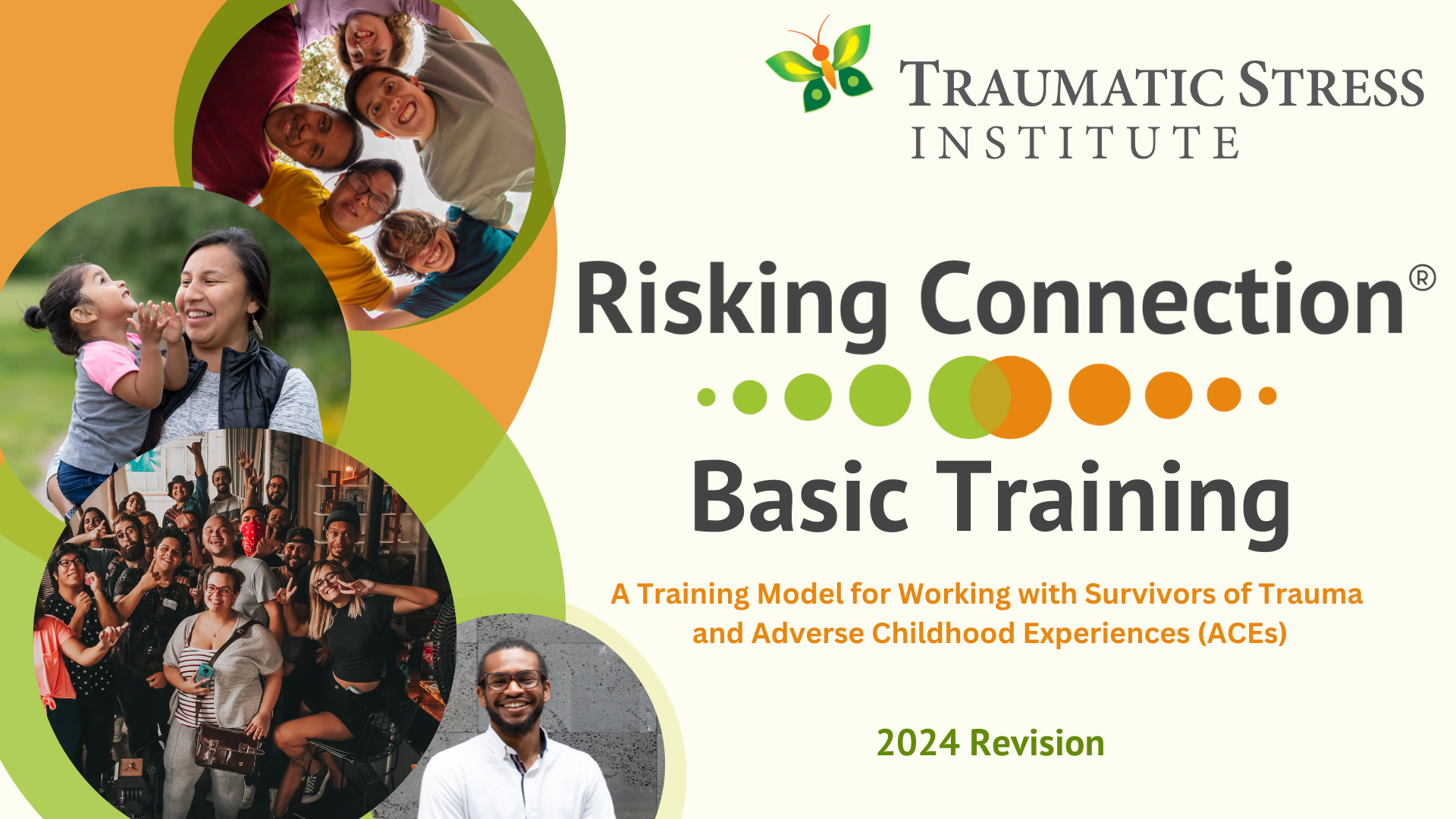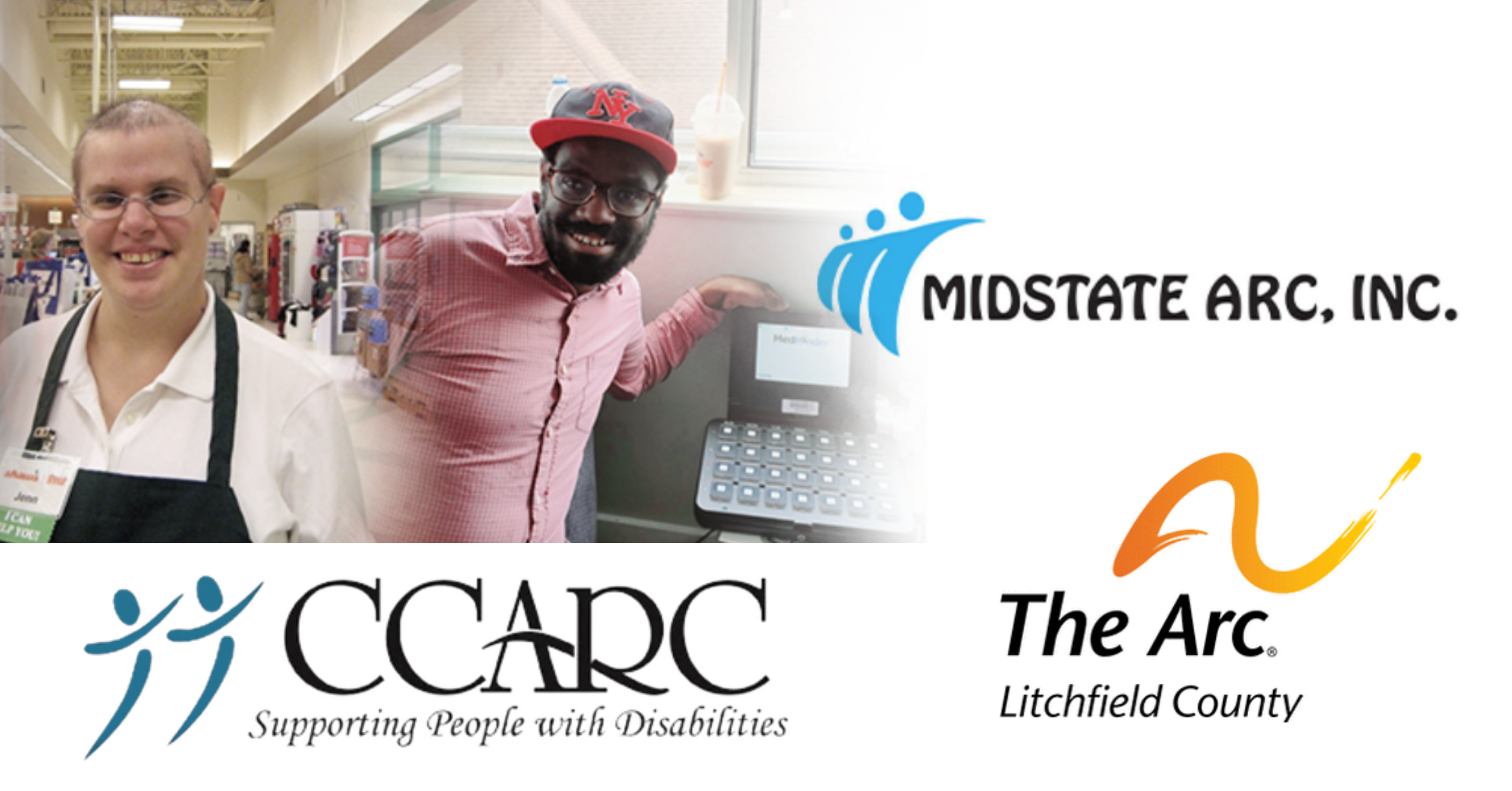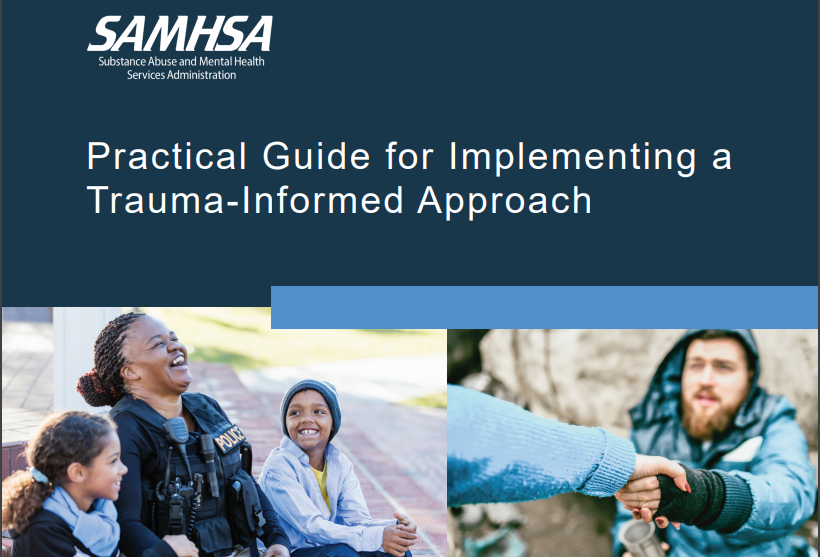Vicarious trauma, a form of secondary trauma, is an inescapable effect of working with trauma survivors. It is an occupational hazard and may be the single most important factor impacting the success or failure of trauma work. Organizations need to address vicarious trauma as an ethical imperative.
Sign up for our free sampler session on Vicarious Trauma and receive a replay of Trauma-Informed Care basics!



.png)
.png)

.png)


.png)
